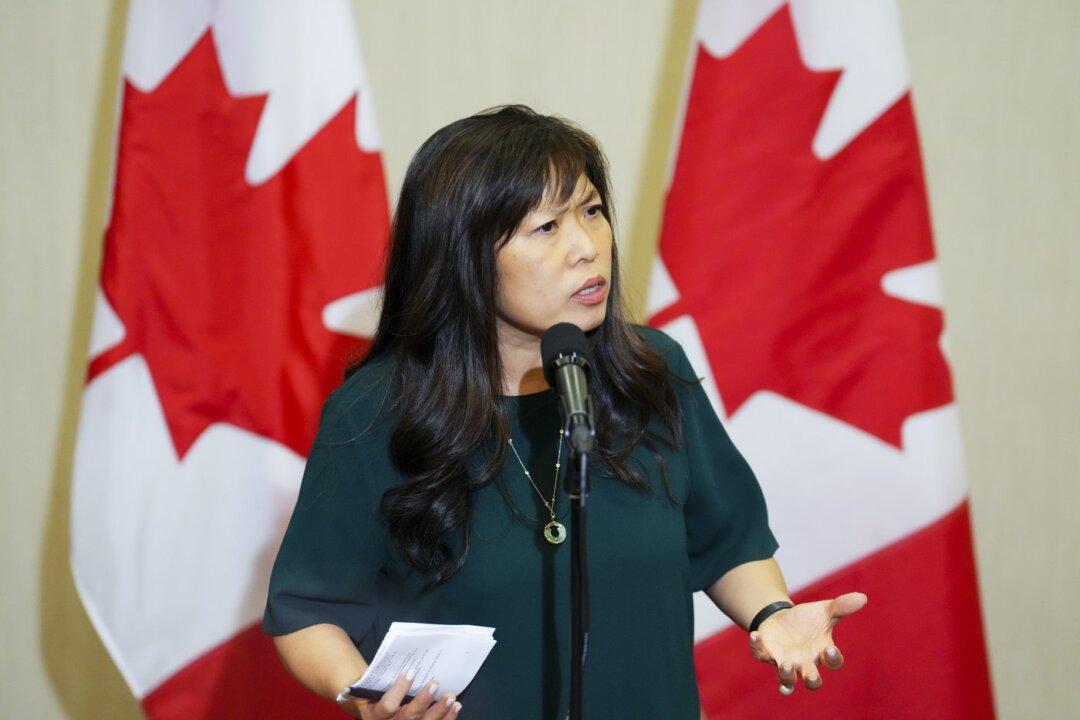Commentary
Viewpoints
Opinion
Cory Morgan: Government’s Grip on the Dairy Industry Is Costing Canada Yet Another Trading Partner

Export Promotion, International Trade, and Economic Development Minister Mary Ng answers media questions in Jakarta, Indonesia, on Sept. 5, 2023. The Canadian Press/Sean Kilpatrick




